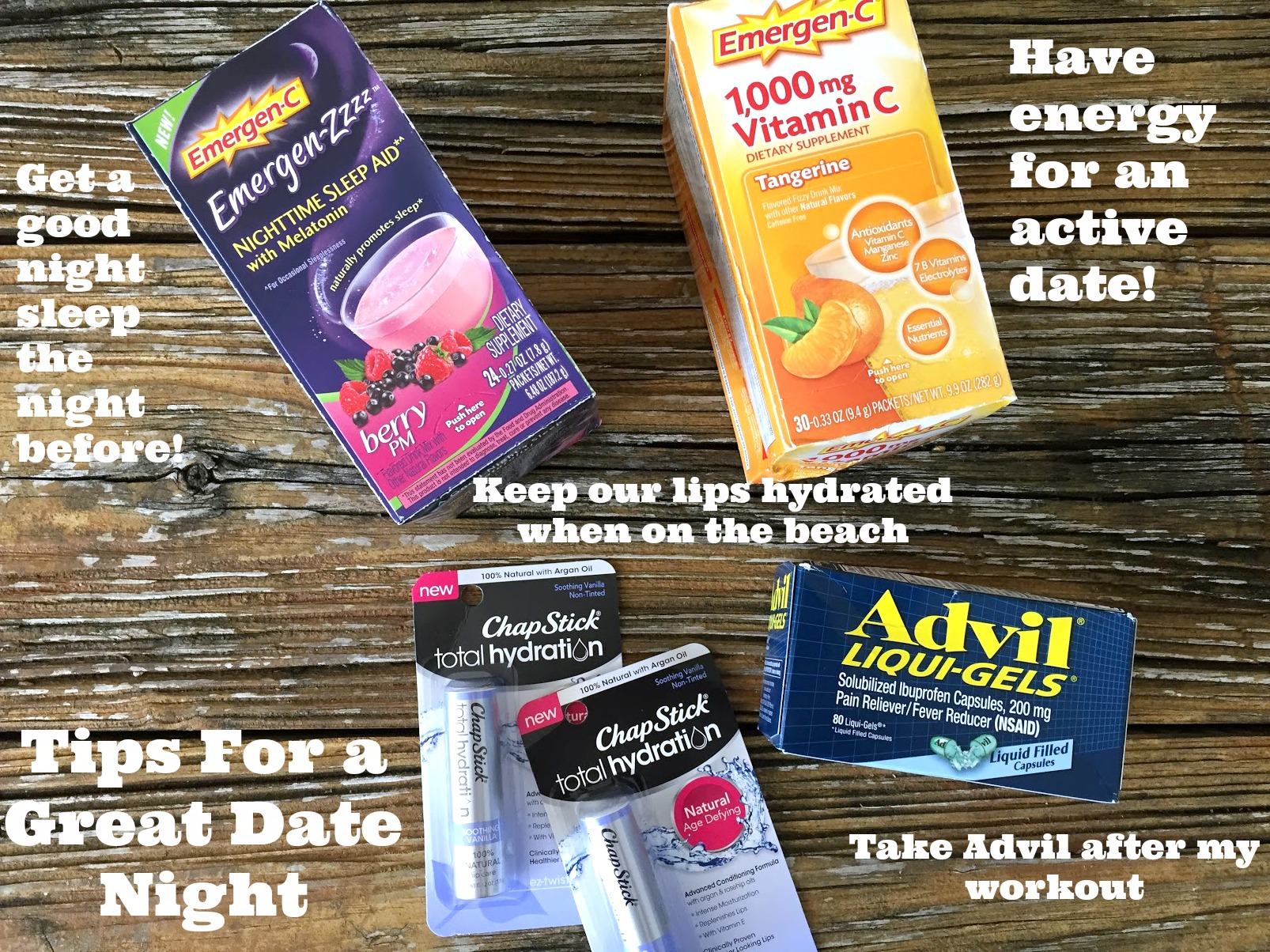
Female Genital Infections
Every woman’s vagina has a large population of bacteria floating around it. The vagina has its unique ecosystem with both good bacteria (called lactobacilli) and bad bacteria (called anaerobes) coexisting within.

Genital infections are caused when the balance of good and bad bacteria in the vagina is upset.
Some medications, such as antibiotics can trigger hormonal changes that may upset the balance of the vagina’s ecosystem. Other common triggers include vaginal douching, the use of contraceptives, or changing a sexual partner.
Sexually transmitted diseases also upset the vagina’s ecosystem.
All these can kill off the good bacteria, causing the bad bacteria to become more prevalent. When there are more bad bacteria than good ones in the vagina, it can cause irritation, discharge, itching, and foul odor. These are all common symptoms of female genital infections.
Types of Female Genital Infection
There are more than a dozen different types of female genital infection, but all of them can be classified into three major categories:
- Genital infections caused by Bacteria Overgrowth
- Genital infections caused by Yeast Overgrowth
- Genital infections caused by Sexual Intercourse
Genital Infections Caused by Bacteria Overgrowth
As mentioned earlier, an overgrowth of bad bacteria in the vagina can lead to genital infections like Bacteria Vaginosis (BV).
Symptoms
Some of the symptoms of Bacterial Vaginosis include:
- Burning sensation or pain during urination
- Whitish, greenish or grayish vaginal discharge
- Strong fishy odor which will often get worse during or after sex
- Excess or abnormal vaginal discharge
- Light vaginal bleeding
- Vaginal itching
Causes
Anything that can affect the balance of bacteria in your vagina can cause Bacteria Vaginosis.
Some of the most common triggers include:
- Douching or washing the vagina with scented soaps.
- Using vaginal deodorants
- Having multiple sexual partners or changing sexual partners
- Smoking
- Engaging in oral or anal sex
- Using birth control devices like IUD
- Introducing unsanitary objects or unclean hands inside the vagina
Genital Infections Caused by Yeast Overgrowth
A healthy vagina also has a healthy population of yeast known as Candida Albicans, living within the ecosystem.
When there is an overgrowth of the yeast population in the ecosystem, such that the population of yeast now exceeds the bacteria population, it leads to what is known as a vaginal yeast infection.
Yeast infections are common, and most women will experience a yeast infection at least once in their lifetime.
Causes
Yeast infections can be triggered by several factors, including:
- Use of Vaginal Sprays and Douches: The bacteria in the vagina are very sensitive. So, when you use douches and spray, which mostly contain chemicals; they can kill off the good bacteria in your vagina and lead to yeast overgrowth.
- Hormonal Changes: Hormonal changes that occur during pregnancy, breastfeeding, menopause, or when taking antibiotics or contraceptives, can also lead to yeast overgrowth.
- Weak Immune System: When the immune system is weak, or if one suffers from an immune system disorder, it can also cause yeast overgrowth.
- Excess Blood Sugar: Excessive blood sugar or diabetes increases a person’s chances of getting a yeast infection because yeasts thrive on sugar.
Symptoms
Common symptoms of yeast infections are itchiness and discomfort in the vagina. Other symptoms include:
- Burning sensation or pain during urination
- Redness, swelling or burning around the outer part of the vagina (the vulva), or in the vagina itself.
- Painful sex
- Vaginal discharge looks and feels like cottage cheese (white, thick and odorless)
Genital Infections Caused by Sexual Intercourse
Genital infections like Trichomoniasis are transmitted from one partner to another during sexual intercourse.
Causes
It is caused by trichomonas vaginalis, a single-cell parasite whose symptoms are mostly similar to other types of genital infections.
Symptoms
Some symptoms of Trichomoniasis include:
- Vaginal itching and irritation
- Vaginal discharge which may be greenish, grayish or yellow
- A strong fishy odor
- Swelling and redness of the vulva
- Pain during urination
How to Prevent Female Genital Infections
You can easily reduce your exposure to any kind of genital infections and prevent reoccurrence by maintaining a balance in your vagina’s ecosystem.
Basically, you have to avoid anything that can attack the good bacteria in your vagina.
The following tips can help reduce your exposure to bacteria and yeast infections:
Take Probiotic Supplements
This is the most important advice that anyone can give you about vagina health.
You see, the good bacteria in the vagina is so sensitive that something as innocent as eating the wrong kind of dessert can throw it off balance.
Taking drugs, especially antibiotics, can equally kill off the good bacteria.
Therefore, the best way to maintain balance is to take probiotic supplements that contain ingredients that help increase the growth of healthy bacteria in your vagina.
A study carried out on the subject revealed that at least 87% of women with chronic genital infections see an improvement in their symptoms when they start taking probiotic supplements.
The bacteria become stronger and less sensitive, and that helps in the prevention of both yeast and bad bacteria overgrowth.
Don’t Douche, use Vaginal Wash or Vagina Deodorants
The female vagina is self-cleansing; you only need to wash with water.
The only reason why you may feel the need to douche or use a vagina deodorant is when you feel like you don’t smell good down there, but that’s a symptom of genital infection, and douching doesn’t cure it, it only makes it worse.
Instead of douching, treat the underlying infection and start taking probiotic supplements, then wash with just warm water to prevent reoccurring genital infections.
Be Strict With Your Sexual Life
Having multiple partners opens you up to risks of genital infections.
It’s best to have just one sexual partner and be sure that they don’t have any infections before you have unprotected sex with them.
Also, fingers must be thoroughly washed before they are introduced in the vagina, and if you use sex toys, it’s best not to share and advisable to sanitize them before use.
Wear Cotton Pants or Underwear with a Cotton-lined Crotch
When the vagina is constantly from the persistent use of tight, nylon, or silk underwear, it can promote the growth and spread of bacteria and yeast, thus causing genital infections.
It’s best to avoid tight-fitting underwear and wear cotton underwear, or at least underwear that is lined with cotton at the crotch so that your vagina can stay dry and airy.
All of these can help prevent genital infections; however, practicing safe sex and maintaining a single sexual partner is the only way to protect yourself from sexually-transmitted genital infections.
How to Treat Female Genital Infections
The key to successful treatment of genital infections is to identify the exact type of infection it is.
As you might have observed, the infections have similar symptoms, and it’s easy to mistake one type of infection for another.
Treating yeast infection when what you have is a bacterial infection will make the condition worse. So, it’s best to visit a medical doctor or a certified medical lab practitioner to conduct a test (a high vagina swab or a urine test) and use it to determine the type of genital infection you have then prescribe the appropriate treatment.
Usually, they would prescribe an antibiotic or a topical cream, or a combination of both to treat the ailment.
But meanwhile, you can try some effective home remedies that can help to reduce the pain and symptoms like:
Tea Tree Oil
Soak a tampon in tea tree oil and insert it in your vagina overnight. Tea tree oil contains terpinene-4, a chemical component that is effective for killing off bacteria and yeasts in the vagina.
Garlic Cloves
Garlic cloves are also effective when inserted in the vagina. Take a few garlic cloves and crush it, then insert them in your vagina overnight. Many women report instant relief after using this home remedy.
Wild Oregano Oil
Another effective home remedy is oregano oil. It contains potent antifungals like carvacrol and thymol. Oregano oil can also be applied on a tampon and inserted in the vagina for at least 12 hours.
Final Thoughts
If you think you have a genital infection, first, it’s essential to identify the exact type of infection it is to enable you to treat it properly. Treating the wrong genital infection can make the situation worse, and if left untreated, genital infections may lead to infertility.
Dani Fogel. is a Communication Coordinator at Brandable, based in Los
Angeles, CA. She works on the Queen V brand within the company’s Digital and Ecommerce department.




